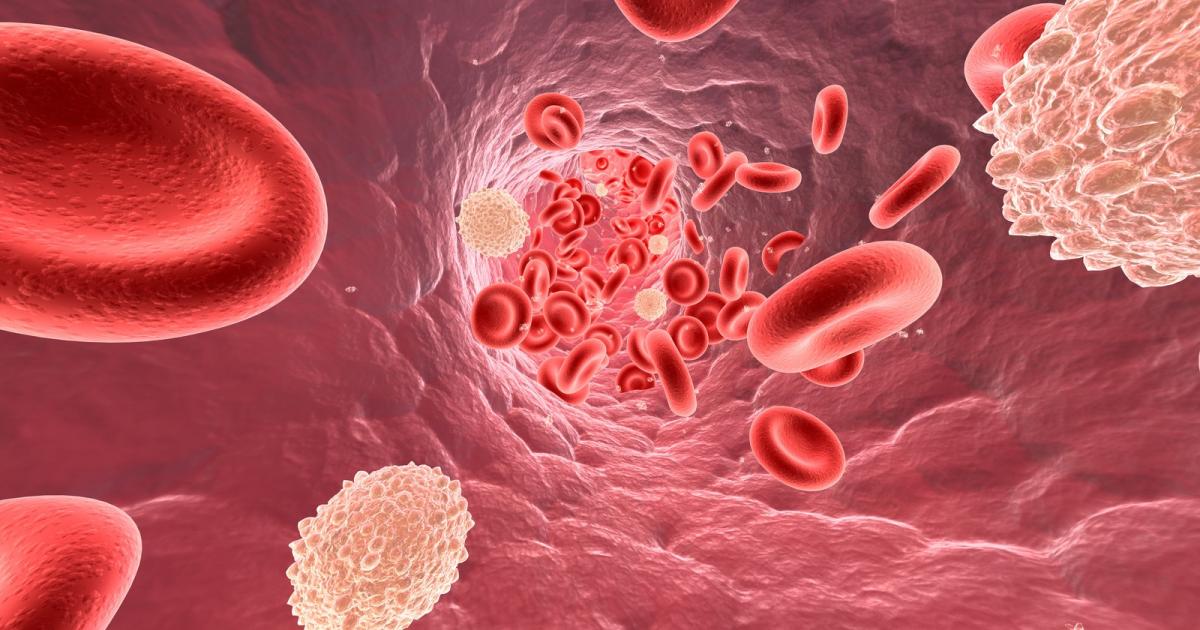Major Triggers of Hypertension Disorder
Hypertension, which is also known as high blood pressure, occurs when the force of blood pressing against the blood vessel walls is greater than normal. Blood is pumped into the arteries and throughout the body by the heart muscle. High blood pressure puts a strain on the heart because it is forced to work harder to get blood throughout the body. This contributes to a condition known as atherosclerosis, or hardening of the arteries, as well as kidney disease, stroke, and eventually heart failure.
Biological Factors

Three biological factors trigger blood pressure: how flexible and open the blood vessels are, how fast the heart beats, and how much blood is pumped through vessels. High blood pressure occurs when there is an imbalance of chemicals that disturb these processes. Researchers at Saint George's University of London discovered a new possible biological trigger for hypertension. The 2012 study found a type of protein involved in keeping arteries relaxed called Kv7.4 may be responsible for kick-starting high blood pressure by slowing down activity in the renal artery that supplies blood to the kidneys.
Bisphenol A (BPA)

A study published in the journal Hypertension found the chemical bisphenol A or BPA can raise blood pressure. This chemical is commonly found in plastic containers that hold food and drinks. The study concluded bisphenol A can seep into foods and beverages and enter the body. Other studies have shown being chronically exposed to this chemical is linked to an increase in high blood pressure and heart disease. The best way to reduce the risk of exposure to bisphenol A is to choose plastic products specifically labeled 'BPA-free' or opt for non-plastic containers such as those made from glass, stainless steel, or porcelain, whenever possible.
